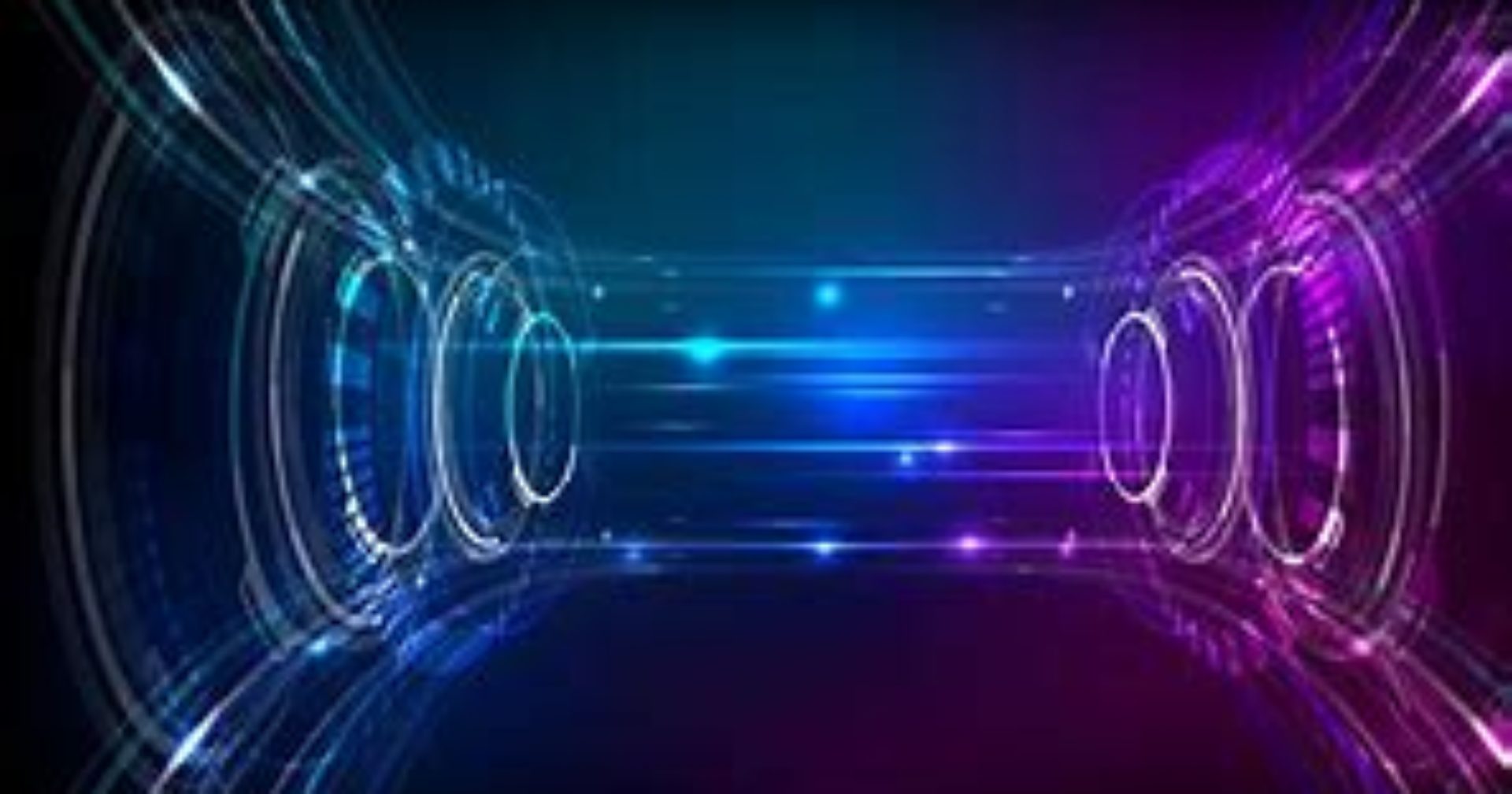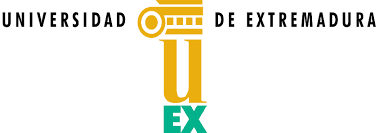SCOPE
Welcome to the Workshop on Integrating Quantum and Classical Software Systems! This workshop focuses on the exciting field of Quantum Software Engineering and its seamless integration with classical software systems.
What to Expect:
Quantum Algorithms and Applications: Explore groundbreaking quantum algorithms that outperform classical ones in solving complex problems efficiently. Discover their applications in areas where classical algorithms fall short.
NISQ Era and Real Quantum Computers: Embrace the NISQ era, where real quantum computers and simulators allow us to test quantum algorithms in practical settings. Learn about the opportunities and challenges in working with these quantum systems.
Quantum Error Correction and Decoherence: Dive into solutions for quantum error correction and strategies to tackle quantum noise and decoherence, critical for reliable quantum computing.
Hybrid Software Architectures: Uncover the power of hybrid software architectures, combining classical and quantum components to address problems effectively. Gain insights into designing and implementing such architectures for various applications.
Quantum Software Engineering Practices: Adapt classical software engineering practices to the new era of quantum software development. Discover automated quantum software generation, quality attributes of quantum software, and quantum system orchestration techniques.
Applicability in Industry: Understand how quantum computing can revolutionize various industries. Learn about specific programs and initiatives inviting industry and academia to explore quantum computing’s potential and its expected evolution over time.
Service-Oriented Computing Techniques: Leverage Service-Oriented Computing techniques to seamlessly integrate classical and quantum parts of information systems. Discover how to compose hybrid services for efficient and reliable information processing.
The first Services and Quantum Software Workshop is co-located with the 21st International Conference on Service-Oriented Computing (ICSOC)
Topics of interest for the workshop are the following:
- Quantum Program Models
- Quantum Program Styles
- Quantum Hybrid Computing
- Quantum in the Compute Continuum
- Execution Environment for Hydride Quantum Services
CALL FOR PAPERS
To submit papers, please use the following link: Click here
Workshop papers are typically between 8 and 12 Springer’s LNCS pages long.
IMPORTANT DATES
- Abstract submission due: September 24, 2023 (not mandatory but a great help for organizers).
- Paper submission due:
September 24, 2023October 13, 2023. - Authors notification:
October 22, 2023October 23, 2023. - Early registration: October 29, 2023.
All deadlines are in Anywhere on Earth time (AOE)
REGISTRATION
The workshop will be held as part of ICSOC 2023 – November 28th – December 1st with in-person attendance.
To register, please use the following link: https://icsoc2023.diag.uniroma1.it/registration/
TARGET AUDIENCE
This workshop welcomes experienced participants interested in discussing techniques for building information systems through the fusion of classical services and hybrid services in the quantum domain. Researchers, practitioners, and industry professionals from quantum computing, classical software engineering, and service-oriented computing backgrounds are all encouraged to join.
CONTACT INFORMATION
PROGRAMME COMMITTEE
- Shaukat Ali (Simula Research Laboratory, Norway)
- Johanna Barzen (University of Stuttgart, Germany)
- Antonio Brogi (University of Pisa, Italy)
- Schahram Dustdar (TU Wien, Austria)
- Michael Falkenthal (Anaqor AG, Germany)
- Sebastian Feld (Delft University of Technology, The Netherlands)
- Ignacio García Rodríguez de Guzmán (University of Castilla-La Mancha, Spain)
- Jose Garcia-Alonso (University of Extremadura, Spain)
- Beatriz C. Hiesmayr (University of Vienna, Austria)
- Frank Leymann (University of Stuttgart, Germany)
- Kostas Magoutis (University of Crete and FORTH-ICS, Greece)
- Wolfgang Mauerer (Ostbayerische Technische Hochschule, Germany)
- Tommi Mikkonen (University of Jyväskylä, Finland)
- Juan Manuel Murillo (University of Extremadura, Spain)
- Ricardo Perez-Castillo (University of Castilla-La Mancha, Spain)
- Aritra Sarkar (Delft University of Technology)
- Benjamin Weder (University of Stuttgart, Germany)
- Indika Weerasingha Dewage (Tilburg University, The Netherlands)
- Manuel Wimmer (JKU Linz, Austria)





